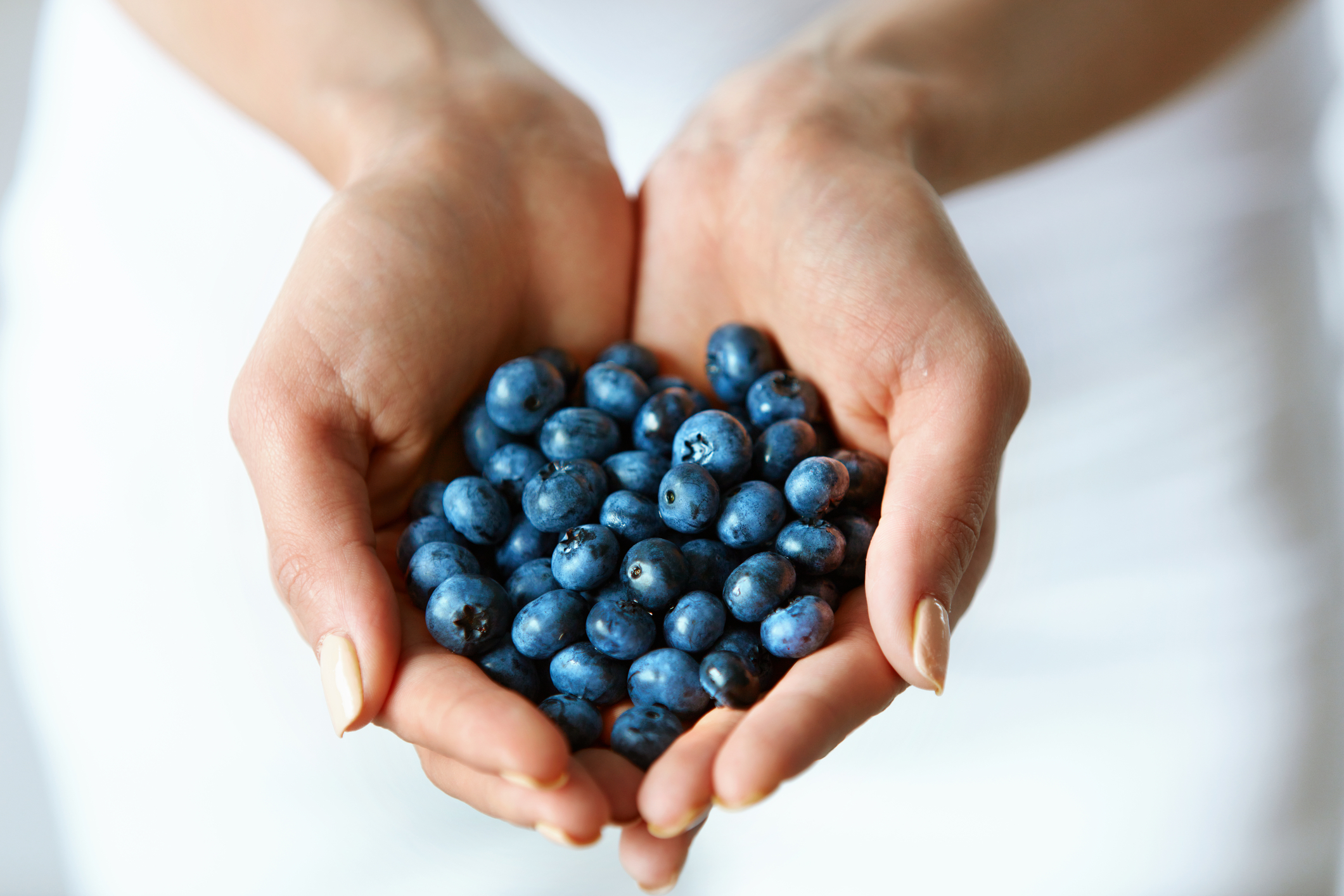Are you Paying for More: Deconstructing the Organic Food Hype
In the last few decades, organic food products have surged in popularity, filling the aisles of both specialized stores and conventional supermarkets. Consumers increasingly opt for these products, often willingly paying a premium for them. So, what brings about this steady rise? A primary factor is the perceived health benefits that organic foods offer, as they are grown without the use of synthetic pesticides and fertilizers. Moreover, a growing consciousness about environmental impact has led many consumers towards organic farming, believed to be more sustainable and less harmful to the ecosystem.
The Health Value of Organic Foods

Among the leading reasons consumers turn to organic products is the belief in their superior health value. Organic farming avoids the use of synthetic pesticides, genetically modified organisms (GMOs), and hormones—all elements that are believed to negatively impact human health. Particularly, research indicates that organic crops tend to have marginally higher levels of certain nutrients, such as antioxidants. However, studies on the direct health benefits of eating organic foods have been considered inconclusive at best.